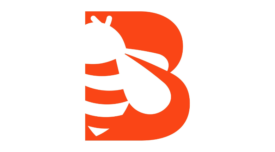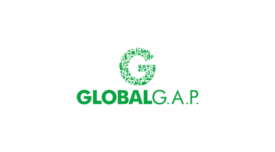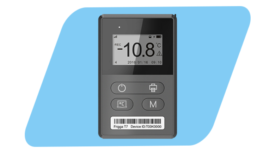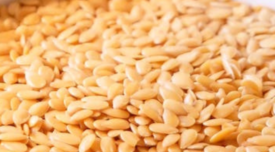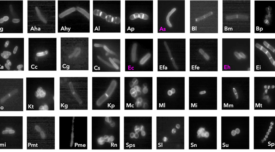Articles by Food Safety Magazine Editorial Team
BIZTRACKS
Spring Coaching Program for Technical Food Safety Professionals
January 16, 2024
Never miss the latest news and trends driving the food safety industry
eNewsletter | Website | eMagazine
JOIN TODAY!Copyright ©2025. All Rights Reserved BNP Media.
Design, CMS, Hosting & Web Development :: ePublishing


